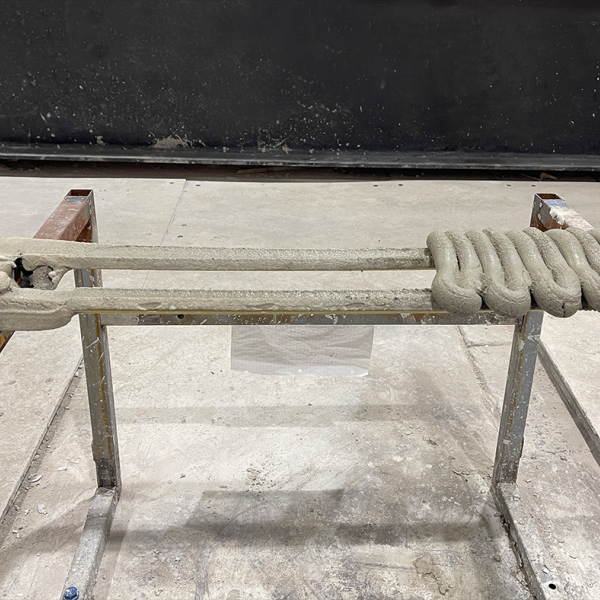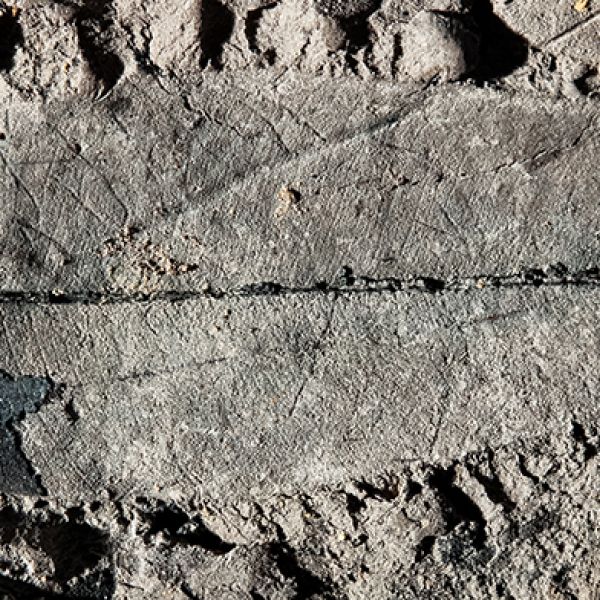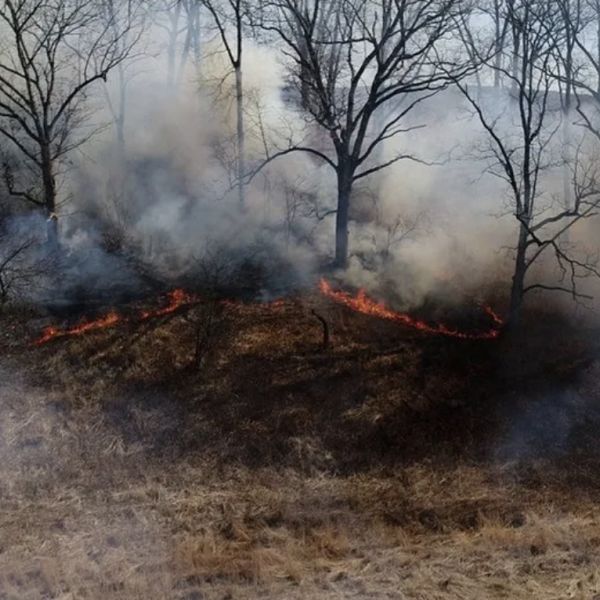News

May 19, 2025
Urban heat portal aims to tackle rising temperatures, protect at-risk residents
As heat and associated risks intensify in cities around the world, a new tool developed by researchers in the College of Arts and Architecture’s Stuckeman School at Penn State and the Department of Urban Policy at Hunter College aims to shed light on how rising temperatures affect New York City’s neighborhoods — and what can be done to protect the most vulnerable communities.
Full Article

May 19, 2025
Andrew Read to host conversation focused on executive action affecting research
The Penn State community is invited to attend a conversation hosted by Penn State Senior Vice President for Research Andrew Read at 1:45 p.m. on May 28 at the University Park campus and live online.
Full Article

May 16, 2025
Huck seed grant program introduces new research themes for the life sciences
The Huck Institutes of the Life Sciences has launched its 2025-2026 new seed grant program. Huck seed grants foster innovative, interdisciplinary, and collaborative life sciences research.
Full Article

May 14, 2025
Second round of Penn State-Auckland seed grant recipients complete projects
The 18-month term for the 2023-24 seed grant-funded projects recently concluded, with the teams submitting their final reports.
Full Article

May 13, 2025
Learn about kinship care through Dean Troy Ott’s personal journey
An upcoming session will offer insight into kinship care through the lived experience of someone raised in a kinship family: Troy Ott, dean of Penn State’s College of Agricultural Sciences.
Full Article

May 13, 2025
Penn State submits declaration in response to proposed NSF funding cuts
Penn State has submitted a declaration in support of a lawsuit in the United States District Court for the District of Massachusetts to seek to halt the NSF's proposed 15% indirect cost rate.
Full Article

May 08, 2025
Manufacturing PA Innovation Program funds two Stuckeman-led research projects
Two projects led by Stuckeman School architecture researchers have garnered grants through the Pennsylvania Department of Community and Economic Development’s Manufacturing PA Innovation Program
Full Article

May 08, 2025
First fossil evidence of endangered tropical tree discovered
The finding offers new insights into Asia’s rainforest history, researchers say.
Full Article

May 08, 2025
Cultural burning by Indigenous peoples increased oak in forests near settlements
New study shows fire-tolerant trees were more abundant around historic Native American villages in southern New England
Full Article

May 07, 2025
Biological physicist Réka Albert elected to National Academy of Sciences
Réka Albert, Evan Pugh University Professor and professor of physics and biology at Penn State, has been elected to the National Academy of Sciences.
Full Article